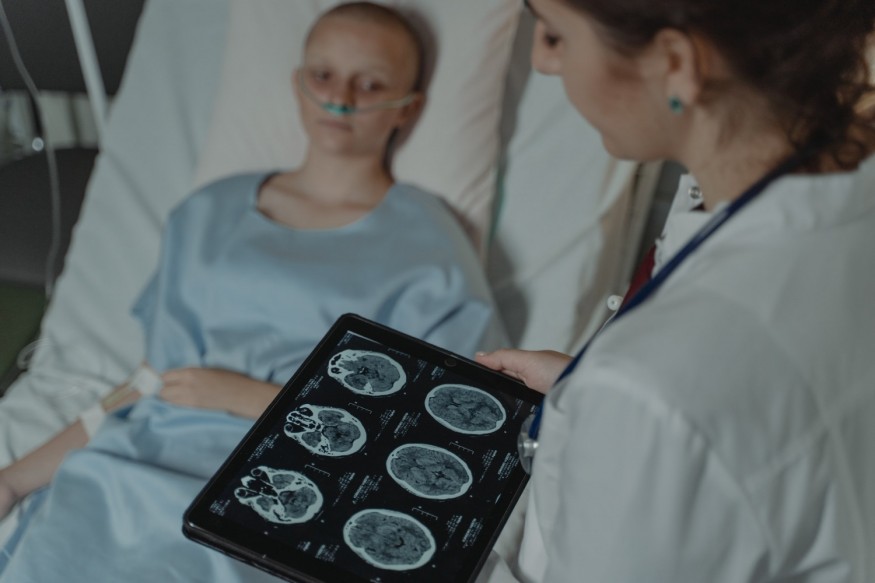
TBIs suffered early in life can have serious, lasting effects that may affect those who experienced them well into adulthood. They could experience difficulties with attention and concentration, changes in mood and social interaction capabilities, as well as decreased mental sharpness.
In short, concussions or "mild TBIs" suffered in childhood can have long-term effects and impairments on one's behavior, cognitive function, or both.
Though these issues are often difficult to deal with head-on, this piece covers a few possible long-term impacts that a childhood concussion could have on the sufferer, alongside some possible treatments.
Impact on Attention & Concentration
For those who have suffered a concussion as a child, attention, and concentration issues can often follow them into adulthood. Specific tasks that require focused thought may become difficult or burdensome due to the effects of traumatic brain injury (TBI).
Often, this is caused by an elevated rate of forgetfulness, difficulty concentrating for extended periods, and feeling 'overloaded' quickly when dealing with multiple instructions or conversations. Symptoms like these could especially present significant challenges in a person's professional and educational pursuits.
Effects on Memory and Learning Functions
Childhood concussions can also lead to long-term memory problems that may affect the way a person learns new information. This could include compromised attention span, difficulty determining what is important from nonessential details, or even the inability to recall previously known facts in a timely fashion.
For example, simple tasks such as memorizing phone numbers may prove daunting for those who have faced traumatic brain injuries early in life. Fortunately, with proper treatment and care these cognitive issues may be addressed and improved upon gradually.
Mood Changes Related to Traumatic Brain Injury
Changes in mood and temperament can be a harsh side effect of having suffered from a childhood concussion. In the worst cases, this may even present as mental health complications such as depression or anxiety later on in life.
Those who have faced TBI can see their once-buoyant enthusiasm vanish, leaving them feeling drained or lacking motivation with very little effort on their part. It's crucial for these challenges to be carefully dealt with before they begin to affect one's self-esteem and perception of life.
Changes in Social Interaction & Behavioral Habits
If a person received a forceful blow on the head in their childhood, their social context may also experience drastic shifts as they mature. Sadly, this experience is made worse due to the long-term cognitive and behavioral effects that arise from TBIs.
Without adequate communication and understanding, interactions with friends and loved ones may become difficult or strained as individuals recognize changes that cannot be adequately identified or explained away. For example, restlessness or unexpected outbursts might present unique challenges to relationships.
Developing Cognitive Dangers in Adolescence
As the brain continues to develop during adolescence, those who have suffered a concussion as children are particularly vulnerable to further mental and cognitive damage. This could manifest itself through difficulty reading or comprehending information, poor organizational skills that affect academic performance or even distorted memory recall of experienced events.
Additionally, issues such as headaches and drowsiness might make it hard for them to stay focused or motivated in class or situations requiring prolonged concentration.
Treating Long-term Impairments from Childhood Concussions
Given the troublesome consequences and childhood TBIs later in life, one thing holds true. It is important for parents to seek treatment for concussions in children as soon as possible after the occurrence. And when it comes to tackling the long-term consequences, there is no one size fits all solution.
Thankfully, specialized therapies and treatments can help to manage related impairments. This could include physical therapy, psychotherapy sessions with a trained psychologist, or even medication (if needed). Supportive strategies such as behavior modification and memory-building activities have proven useful in mitigating the impact suffered from TBI in the early years of age.
With the right guidance, victims of childhood concussions can find ways to mitigate, or even completely reverse the effects of their TBI. Therefore, it's highly important that those affected receive proper treatment and support - tailored to their needs. Every journey is different - but knowing what steps to take is key to overcoming long-term impairments caused by a childhood injury!
© 2026 NatureWorldNews.com All rights reserved. Do not reproduce without permission.





